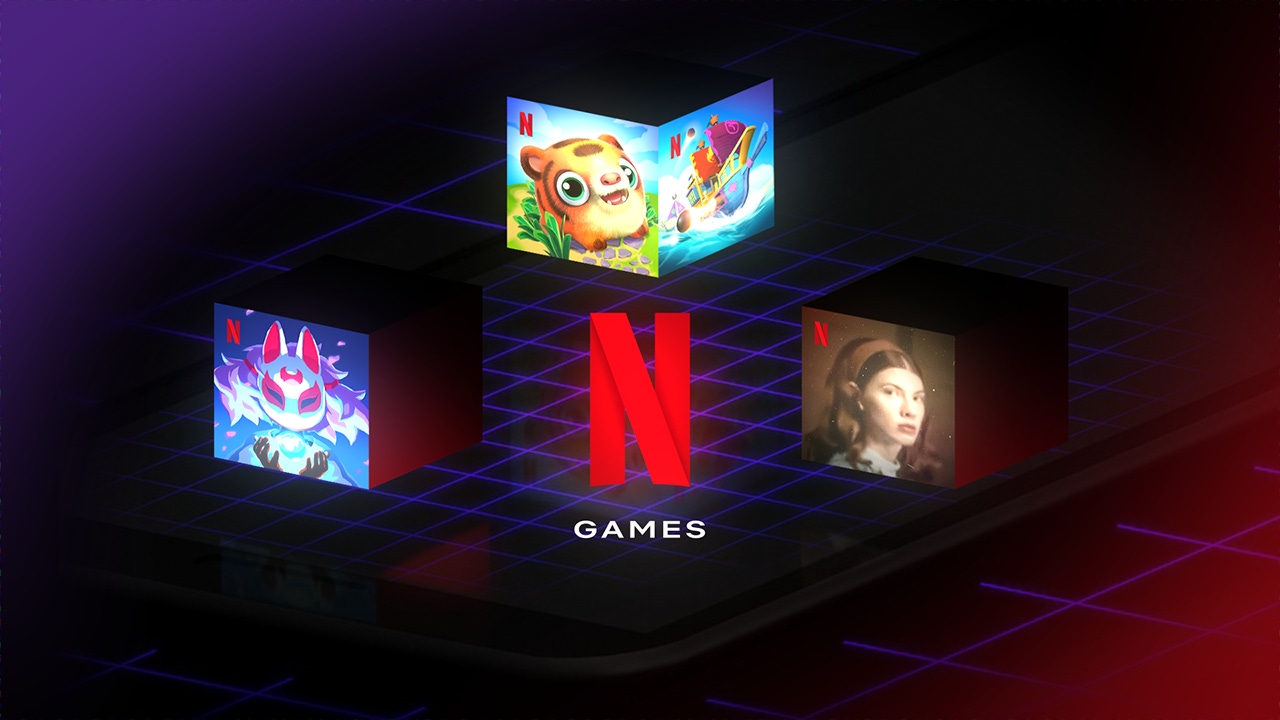Trending
Opinion: How will Project 2025 impact game developers?
The Heritage Foundation's manifesto for the possible next administration could do great harm to many, including large portions of the game development community.
Mike Verdu claims devs can use generative AI to create 'mind-blowing new experiences for players.'

Netflix Games has thrown its weight behind generative AI less than two weeks after shuttering its only triple-A development studio.
The streaming giant has appointed Mike Verdu as its new VP of GenAI for Games so it can capitalize on what it calls a "once in a generation inflection point for game development and player experiences." Verdu previously served as VP of Netflix Games but earlier this year revealed he would be taking on a new role at the company. At the time, he said his new position would champion "innovation in game development."
Speaking about his new role on Linkedin, Verdu waxed lyrical about the potential of generative AI and said the technology will "accelerate the velocity of development and unlock truly novel game experiences that will surprise, delight, and inspire players."
"I am focused on a creator-first vision for AI, one that puts creative talent at the center, with AI being a catalyst and an accelerant," he added. "AI will enable big game teams to move much faster, and will also put an almost unimaginable collection of new capabilities in the hands of developers in smaller game teams."
Verdu suggested figuring out how to harness generative AI technology is the next big challenge facing the game industry.
"I don't think I've been this excited about an opportunity in this industry since the 90s, when we saw a new game launch every few months that redefined what was possible. It was an incredible time to be making games as talented creators showed all of us what the future looked like. Guess what? We're back to those days of seemingly unlimited potential and the rapid pace of innovation, which resulted in mind-blowing surprises for players every few months," he added.
"I can't believe how lucky I am to be alive when a wave this big is about to hit the game industry. Many view this technology with fear, but I am a game-maker at heart and I see its potential to unlock all of us, to create mind-blowing new experiences for players, to lift us to new heights. Yes, we'll have to adapt and change, but when have we failed to meet that challenge as an industry?"
Verdu isn't the first executive to whisper sweet nothings into the primordial ear of generative AI. Amazon Games CEO Christoph Hartmann previously claimed the technology can be used to streamline production without "taking work away from anyone."
EA boss Andrew Wilson has repeatedly espoused the supposed benefits of the technology, and suggested 60 percent of the company's development processes could be "impacted" by generative AI. Those remarks came shortly after EA laid off 5 percent of its workforce.
Other notable players like Square Enix, Ubisoft, and Embracer Group have also begun experimenting with the technology, but how do developers in the production trenches feel about its looming presence?
A recent Game Developer Collective survey indicated many devs feel generative AI represents a double-edged sword. 30 percent of respondents said the technology could reduce development costs, but 35 percent also felt it would reduce the quality of titles produced in the next 12 months.
There are also ethical and legal concerns about how some generative AI technologies have been trained, and who actually owns the content produced by tools (such as those developed by OpenAI) that have consumed "publicly available information"–including copyrighted material and personal information. As noted by the BBC, the New York Times is currently suing both OpenAI and Microsoft for billions over allegations of copyright infringement.
Others are concerned the dawn of generative AI could eventually result in more job losses across the industry. SAG-AFTRA is currently striking in a bid to prevent that outcome by securing AI protections for video game performers.
You May Also Like